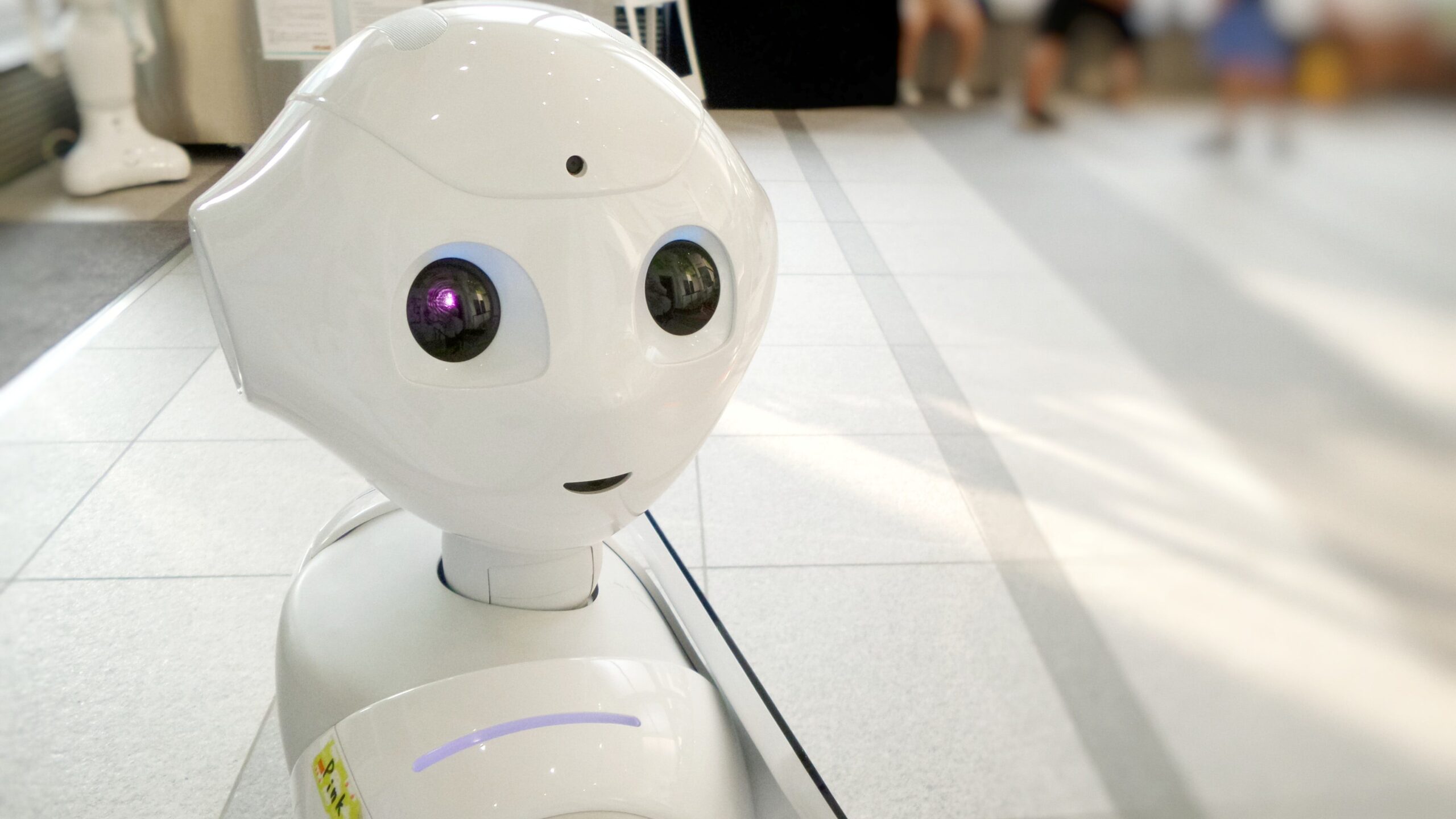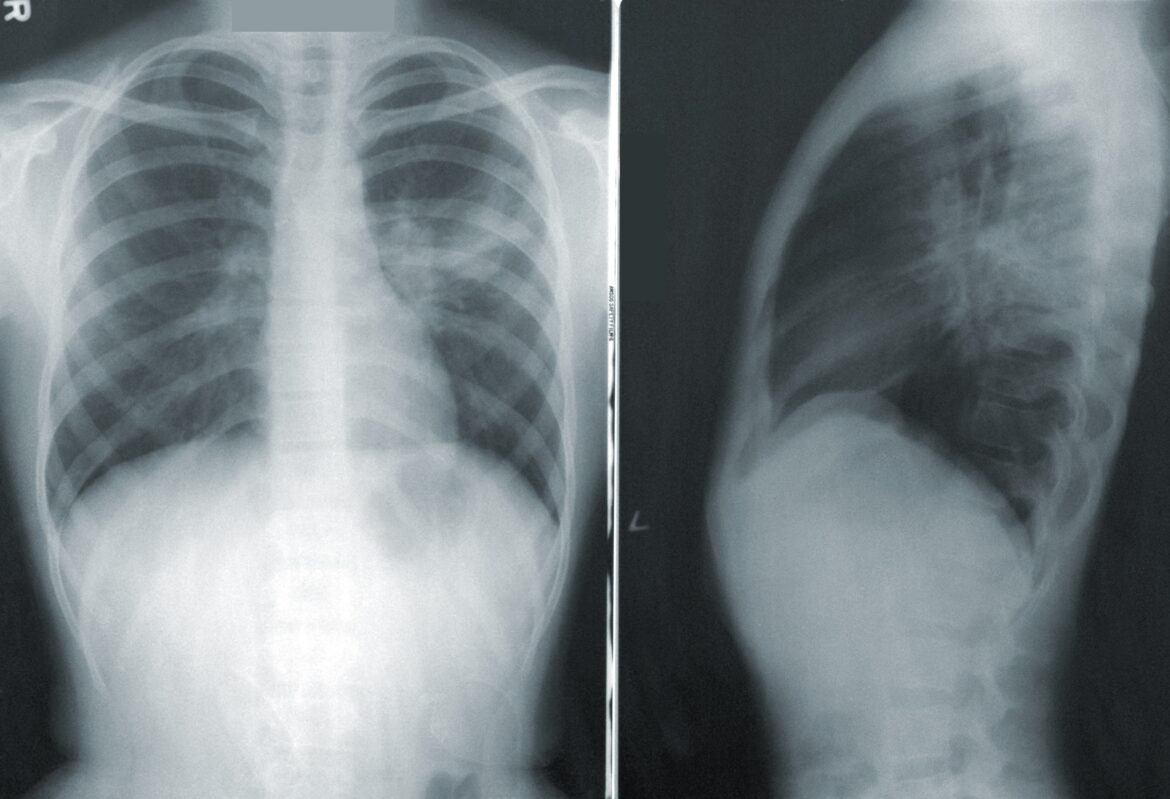Lung cancer is the second most common type of cancer worldwide and one of the main causes of death among those diagnosed with cancer. Artificial intelligence (AI) has the potential to revolutionize our understanding of lung cancer and accelerate progress in diagnosing, predicting, and treating this disease. This article discusses everything you need to know about AI’s role in lung cancer detection and prognosis.
AI Can Help in Early Detection of Lung Cancer
Early detection is critical for successful treatment. AI systems can identify suspicious abnormalities more accurately than manual methods by looking at images from CT scans, PET scans, MRIs, ultrasounds, and radiographs. The AI can also detect changes over time that may be difficult for a human eye to spot on a single image. AI-powered systems like the Voxel-Man Atlas help doctors determine when an abnormality should be looked into more closely or deemed likely benign and not requiring further workup evaluation.
AI Can Assist with More Accurate Diagnosis
In addition to early detection, AI can assist with more accurate diagnosis through analysis of both scans as well as biopsies, allowing for much quicker results than before. A biopsy is a sample of the tissue taken from inside a tumor itself which helps doctors to determine if it is malignant or benign. AI can interpret these sample slides faster than doctors can do manually using traditional methods such as immunohistochemistry (IHC) or fluorescent microarrays (FMA).
AI Can Preview Treatment Plans
Predictive analytics using algorithms trained on masses of data about past patients allows clinicians to quickly create tailored treatment plans for current cases based on probability estimates rather than relying solely on guesswork or anecdotal evidence from studies done in laboratory settings. For example, clinicians might leverage an algorithm that evaluates the likelihood that certain drug combinations reduce the risk of metastasis in advanced stages of lung cancer.
AI Improves Prognosis Outcomes
Advanced analyses enabled by artificial intelligence are providing new insights into what causes some treatments to succeed while others fail – something recent studies suggest will considerably improve long-term prognosis outcomes, especially in advanced stages where historical human trials have been inconclusive due to small sample sizes or specific study group characteristics not representing broader populations appropriately. Furthermore, machine learning is already being used to develop strategies for “precision medicine” tailored specifically for individual patients based on unique genetic characteristics identified through genomic sequencing which could provide the best chance at survival or remission among those suffering from different subtypes examples such as small cell carcinoma or non-small cell carcinoma related tumors commonly associated with this type cancers.
Conclusion

Artificial Intelligence offers great promise in helping diagnose lung cancer earlier and potentially improving treatment outcomes due to its ability to quickly process huge volumes of medical data points such as screening images, biopsy slides, and historic patient case info with high levels of accuracy – something human evaluations alone have difficulty achieving reliably without considerable effort over heightened periods time under both controlled and uncontrolled study circumstances respectively. In essence, Artificial Intelligence promises to bring personalized precision medicine into our clinic rooms within the near future giving practitioners greater confidence when making informed decisions resulting in improved overall results not just short-term gains only seen through portfolio evaluation but sustainable long-term benefits enjoyed by patients they seek to cure various forms cants afflicting population today.


